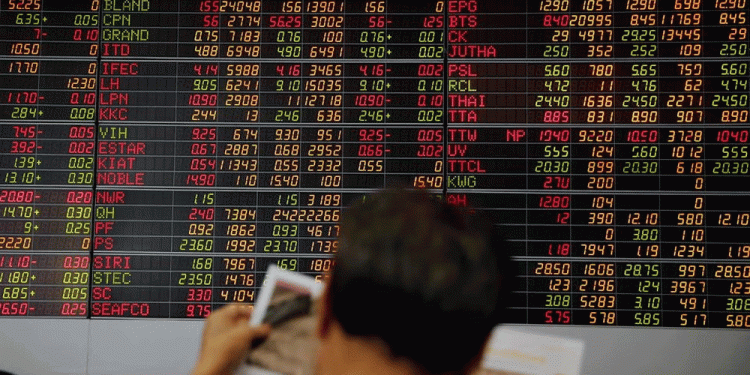BEIJING (Reuters) – Massive overcapacity in China’s bloated steel industry is not yet falling, but protectionism is not the solution for problems facing the global steel industry, the country’s vice minister for industry said on Monday.
China is facing anger and calls for trade penalties to block its exports from steel producers around the world, who say it is dumping cheap exports after a slowdown in demand at home.
The world’s biggest steel producer has vowed to cut capacity, but its efforts have been complicated by a recovery in domestic steel prices.
“Prices have been improving since the end of last year but there hasn’t been any fundamental change in the underlying conditions of the market and no improvement in overcapacity,” Xin Guobin told a conference in Beijing.
China’s April steel production fell from March, although average daily production rates increased from 2.279 million tonnes to 2.314 million tonnes, according to Reuters calculations based on data released from the National Bureau of Statistics on May 14.
France and Germany last week urged fellow EU members to tighten trade defences to protect the bloc’s companies against floods of cheap imports, such as the recent surge of steel products from China.
Chinese government officials have rejected suggestions that the surge in steel production in March and April was mostly due to so-called “zombie” enterprises returning to the market in order to profit from the higher market prices.
“In my understanding, the capacity that has recovered production is regular capacity, and not that marked for closure,” Zhao Chenxin, a spokesman for the National Development and Reform Commission, told a news briefing last week.
“Enterprises stopping and resuming production is mainly a reaction to market changes – adjusting production is normal behaviour,” Zhao said.
Hebei province, China’s biggest steel producing region, has also explicitly banned the reopening of capacity that has already been scheduled for elimination.
But industry experts are concerned that Chinese provinces will reopen mills that have not produced a tonne of steel in years, but have clung to life in order to qualify for compensation from the central government.
In the steel-producing city of Tangshan in Hebei, several mills have been out of operation since the market began to falter in late 2013, but they still do not count as bankrupt. Demolishing these plants in order to meet overcapacity targets will have no impact on market supply or on prices.
China Iron and Steel Association secretary general Liu Zhenjiang said last month that “cutting steel capacity is important but controlling steel output is more important”.
(Reporting by Ruby Lian & David Stanway; Writing by Nicholas Heath and Ed Davies; Editing by Richard Pullin)




























